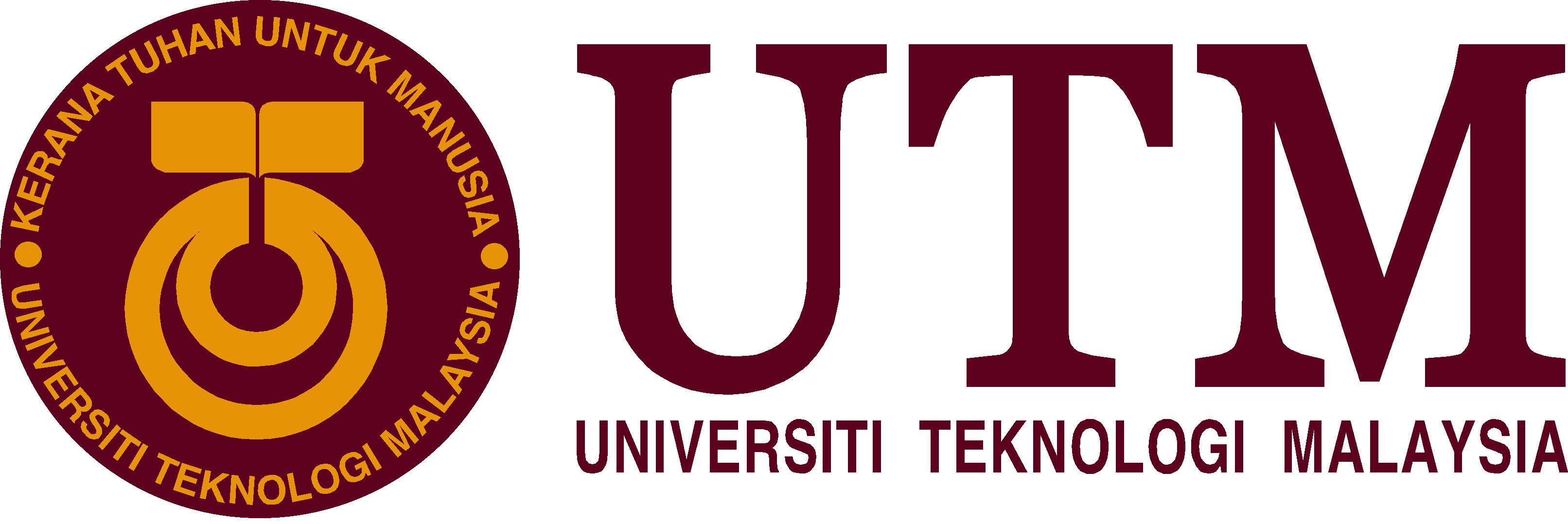MASTER PROJECT ASSESSMENT & DATES
For Semester 2, 2024-2025
Draft submission : No later than 19 JANUARY 2026
(MONDAY)
Before 5 pm
For MP1 student, please submit MP draft (draft 1).
For MP2 student, please submit MP draft in UTM format and technical paper in MS Word.
No need to submit synopsis at this stage.
Draft and technical paper submission : No later than 19 JANUARY 2026 (Friday).
E-Report* and 1-page synopsis submission : No later than 6 FEBRUARY 2026 (Friday).
* E-report means a revised draft with front and back covers, according to the format, signed by your supervisor and a Turnitin report. Only for MP2 students.
MASTER PROJECT I (MEMx 1914)
Project implementation - 50%
Log book (3%)
Student's interest (5%)
Literature research (10%)
Work planning & execution (10%)
Creativity & independence (8%)
Problem understanding & solution (10%)
Quality of the references (4%)
Draft - 20%
Problem definition (3%)
Objectives & scopes (3%)
Literature review & project background (5%)
Research methodology (5%)
Similarity index, structure and language (4%)
Presentation - 30%
Problem identification, objectives & scopes (4%)
Literature review (5%)
Research methodology (5%)
Work planning (3%)
Quality of slides (3%)
Voice & eye contact (2%)
Attire (2%)
Response to questions (6%)
Project implementation - 50%
Log book (3%)
Student's interest (5%)
Literature research (10%)
Work planning & execution (10%)
Creativity & independence (8%)
Problem understanding & solution (10%)
Quality of the references (4%)
Draft - 20%
Problem definition (3%)
Objectives & scopes (3%)
Literature review & project background (5%)
Research methodology (5%)
Similarity index, structure and language (4%)
Presentation - 30%
Problem identification, objectives & scopes (4%)
Literature review (5%)
Research methodology (5%)
Work planning (3%)
Quality of slides (3%)
Voice & eye contact (2%)
Attire (2%)
Response to questions (6%)
MASTER PROJECT II (MEMx 2926)
Project implementation - 30%
Log book (3%)
Student's interest (5%)
Data collection (5%)
Work planning & execution (6%)
Creativity & independence (5%)
Analyse & interpretation (6%)
Draft - 35%
Abstract (2%)
Problem statement (4%)
Literature review & project background (7%)
Research methodology (4%)
Result & discussion (7%)
Conclusion, recommendation & references (5%)
Similarity, report organization, structure & language (6%)
Technical paper - 5%
Abstract (0.5%)
Literature review (1%)
Methodology (1%)
Result & discussion (1%)
Conclusion (0.5%)
Technical paper organization (1%)
Presentation - 30%
Problem identification, objectives & scopes (4%)
Literature review (5%)
Research methodology (5%)
Work planning (3%)
Quality of slides (3%)
Voice & eye contact (2%)
Attire (2%)
Response to questions (6%)
Project implementation - 30%
Log book (3%)
Student's interest (5%)
Data collection (5%)
Work planning & execution (6%)
Creativity & independence (5%)
Analyse & interpretation (6%)
Draft - 35%
Abstract (2%)
Problem statement (4%)
Literature review & project background (7%)
Research methodology (4%)
Result & discussion (7%)
Conclusion, recommendation & references (5%)
Similarity, report organization, structure & language (6%)
Technical paper - 5%
Abstract (0.5%)
Literature review (1%)
Methodology (1%)
Result & discussion (1%)
Conclusion (0.5%)
Technical paper organization (1%)
Presentation - 30%
Problem identification, objectives & scopes (4%)
Literature review (5%)
Research methodology (5%)
Work planning (3%)
Quality of slides (3%)
Voice & eye contact (2%)
Attire (2%)
Response to questions (6%)
